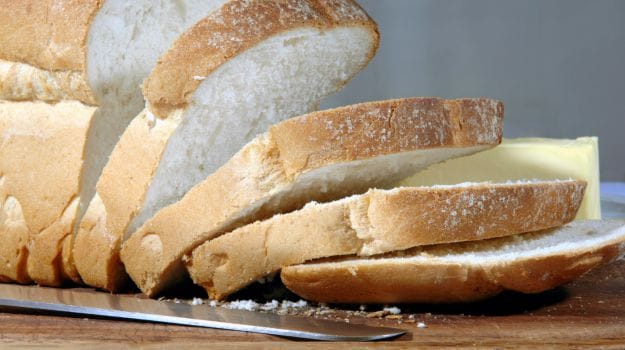About 30 per cent of the world's population suffer from insomnia. Getting proper sleep is very important for health; insufficient sleep does not only lead to lethargy and inactiveness, it may lead to some serious health issues as well. We tend to blame stress and anxiety for sleeplessness, but there may be other causal factors that play their own role. Insomnia is a more serious problem that we perceive it to be. A new study by researchers at Columbia University Vagelos College of Physicians and Surgeons suggests that diet may be partly to blame. The study revealed that women, postmenopausal women in particular, who consumed a high amount of refined carbohydrates and added sugar were at a risk of developing insomnia.
The findings of the study were published online in The American Journal of Clinical Nutrition.
Study's senior author James Gangwisch, PhD, assistant professor at Columbia University Vagelos College of Physicians and Surgeons, said, "Insomnia is often treated with cognitive behavioural therapy or medications, but these measures can turn out to be costly and can also have side effects. By recognising other factors that may lead to insomnia, we may find more reliable and affordable interventions with fewer side effects."
(Also Read: 7 Foods You Must Have To Catch Up On Your Precious Sleep)

High-carb foods like white bread may cause insomnia.
The team of researchers analysed the data collected from more than 50,000 participants in the Women's Health Initiative who had recorded their everyday dietary routines. The researchers looked at whether women with higher dietary glycemic index were more likely to develop insomnia.
James Gangwisch pointed out, "Whole fruits contain sugar, but the fiber in them, slow the rate of absorption to help prevent spikes in blood sugar. This shows that highly processed foods that contain larger amounts of refined sugars that aren't found naturally in food are largely responsible for triggering insomnia in people."
The researchers also revealed some of the highly refined carbohydrates that may cause insomnia. These are - added sugars, white bread, white rice, and soda. These foods have a higher glycemic index, and cause a more rapid increase in blood sugar.
"When blood sugar is raised quickly, your body reacts by releasing insulin, and the resulting drop in blood sugar can lead to the release of hormones such as adrenaline and cortisol, which can interfere with sleep," Gangwisch says.







